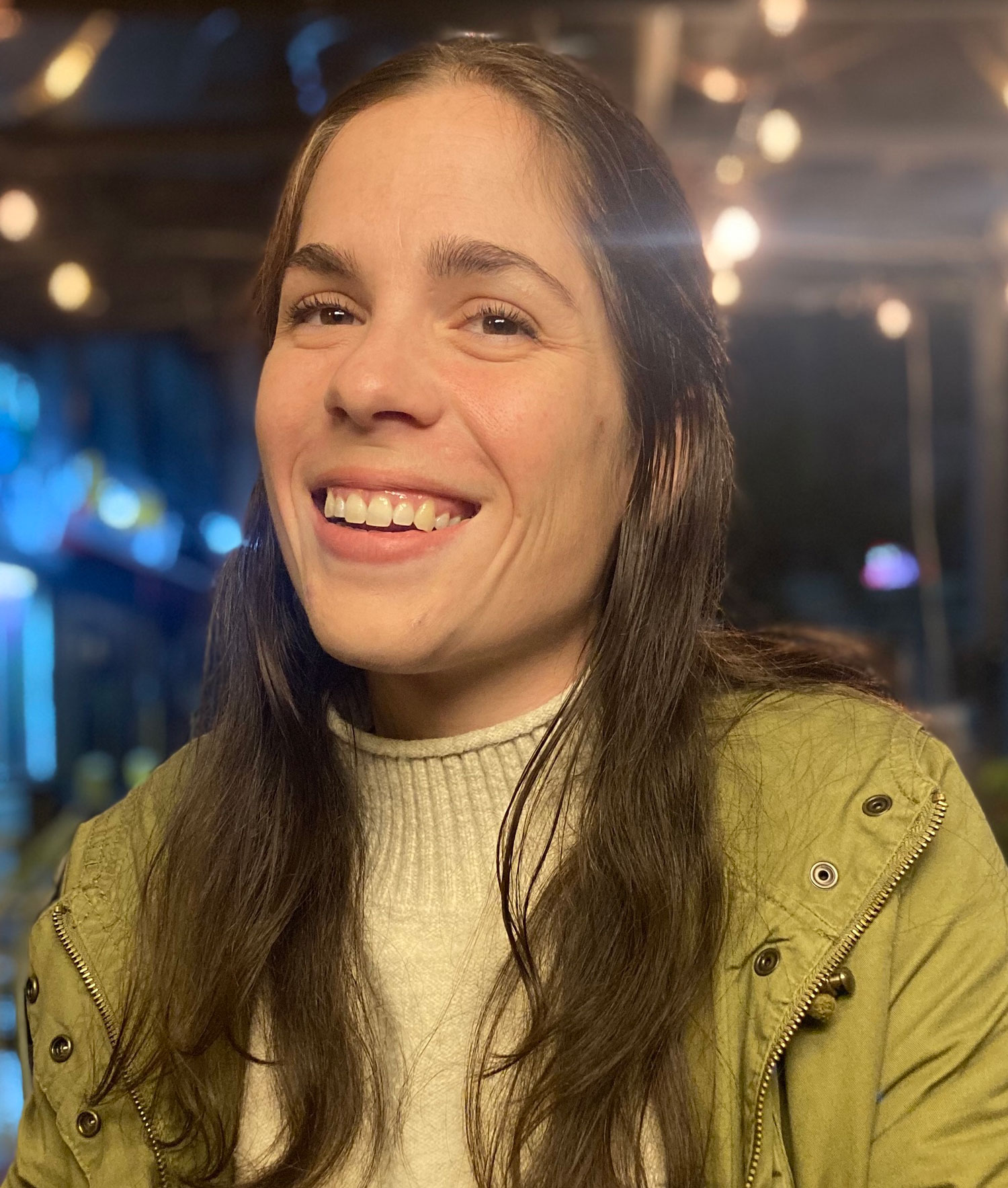American College of Education President and CEO Geordie Hyland Joins 2024 ASU+GSV Summit, Offers Perspective on Tackling Student Debt
News
May 16, 2024
American College of Education (ACE) President and CEO Geordie Hyland shared insights on how ACE is graduating students with more skills and less debt at the 2024 ASU+GSV Summit. Hyland was joined by National Louis University President Nivine Megahed, Stand Together Trust Director Steven Taylor, ECMC Group CEO Dan Fisher and Ziplines Education CEO Sara Leoni. The panel was moderated by Boston Consulting Group Director Lane McBride.
The panel opened with a discussion around student debt, a hot-button issue that’s top of mind for everyone in the higher education space. While some panelists were quick to reframe the conversation away from student debt, Hyland emphasized the importance of leaders in higher education confronting the stark effects that student debt has on students’ quality of life.
“I think that’s playing into the people’s psyches and their concern about higher ed,” Hyland said. “The typical graduate takes about 10 to 30 years to pay off the debt and that can impact many life decisions — whether to have kids, whether to make other major financial decisions like getting on the housing ladder.”
Student return on investment was a prominent topic during the panel, with participants sharing their expertise and varied approaches to increasing returns on investment for their students, while working closely with employers to align curriculums with evolving skill sets. Hyland highlighted how ACE has prioritized financial returns on investment and value for its students since its founding, commissioning an economic impact study in 2023 from Lightcast which found that for every dollar a student invests in ACE tuition, they receive on average $19.20 in future career earnings.
“One of the things we’re most proud of is that 85% of students come out of our programs with no debt,” Hyland said. “We haven’t raised tuition in over six years and have no plans to do so. We were founded on the focus of providing value to students.”
In addition to the commitment to keep tuition costs low, Hyland explained how ACE’s progressive approach to credits for prior learning through extensive professional development content partnerships adds to its value proposition for students furthering their careers.
To further expound on ACE’s model, fellow panelist Taylor pointed out what he felt was the most unique part — that ACE was among the small handful of universities in the country that did not participate in the Title IV federal aid system.
“I’ve often thought that that’s why your price point is so low,” Taylor said, “because you’re not chasing subsidies and you’re not saying, ‘Hey students, go borrow and get a Pell Grant and use it here.’ You have to keep your tuition low.”
“If you think about our model of not raising tuition, we have to really make sure we’re providing a quality experience,” Hyland responded. “It’s a practitioner model, but we can’t just throw money at problems. So when we’re trying to innovate, we have to be very purposeful in terms of where we put our investments.” As the discussion concluded, panelists were asked what they hoped to be working on a year from now. Hyland reaffirmed ACE’s commitment to providing affordable, high-quality education and added that ACE was also working on tackling human capital challenges by partnering with school districts and hospitals to attract, retain and enhance the next generation of educators and health care professionals.

